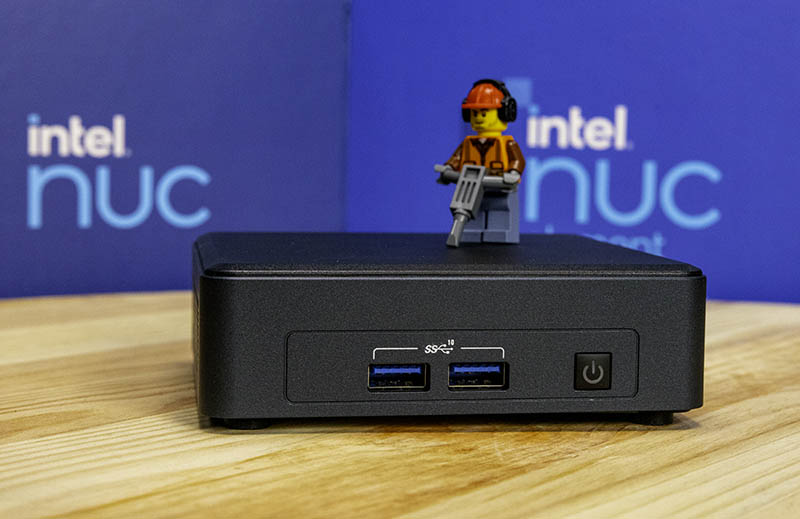If you wanted to put an ARM SoC in your device, how difficult would it be to select an appropriate model?
To be honest? No idea. I’m not even sure how many vendors there are …
If you wanted to put an ARM SoC in your device, how difficult would it be to select an appropriate model?
Whatever happened to nuvia? Surely they‘ve managed to beat M2 Ultra by 30% already.To be honest? No idea. I’m not even sure how many vendors there are …
I think also MediaTek? And there were Chinese firms but I don’t know given the current state of embargoes (and what happened with ARM-China) what they’re allowed to use anymore.From what I can tell, the two major ARM SoC sources other than Apple are Samsung and Qualcomm. The Raspberry Pi uses a Broadcom SoC, which would make them a significant manufacturer. nVidia has announced a server grade design, and there is the Fugaku supercomputer (now #2 in the top500). There are probably some other SoC vendors, but it seems likely that a fair number of licenses go to businesses that, like Apple, use in-house SoCs for their final products.
Whatever happened to nuvia? Surely they‘ve managed to beat M2 Ultra by 30% already.
The Broadcom SoCs used in the various RPi models weren't developed for the RPi, they were smartphone chips. Even though Broadcom hasn't done great in smartphones, it's likely that RPi has always been much lower volume than their smartphone sales. Famously, the only reason the Raspberry Pi Foundation was even able to buy those chips was that Eben Upton, the founder of the RPi project, was a former Broadcom chip architect and used his inside connections. Without that, they probably never would have bothered selling chips to some weird hobbyist platform, nor would they have given a sweetheart deal on the chips to make it so affordable.From what I can tell, the two major ARM SoC sources other than Apple are Samsung and Qualcomm. The Raspberry Pi uses a Broadcom SoC, which would make them a significant manufacturer. nVidia has announced a server grade design, and there is the Fugaku supercomputer (now #2 in the top500). There are probably some other SoC vendors, but it seems likely that a fair number of licenses go to businesses that, like Apple, use in-house SoCs for their final products.
I think the charts speak for themselves. I don't know why some folks think that the M-series designations are too complicated. Intel does provide more options...a lot more options, I'll give them that, I suppose.

This site uses cookies to help personalise content, tailor your experience and to keep you logged in if you register.
By continuing to use this site, you are consenting to our use of cookies.
